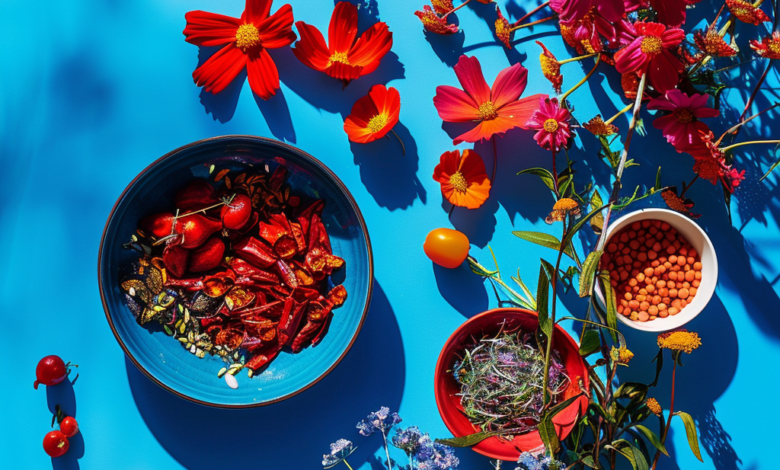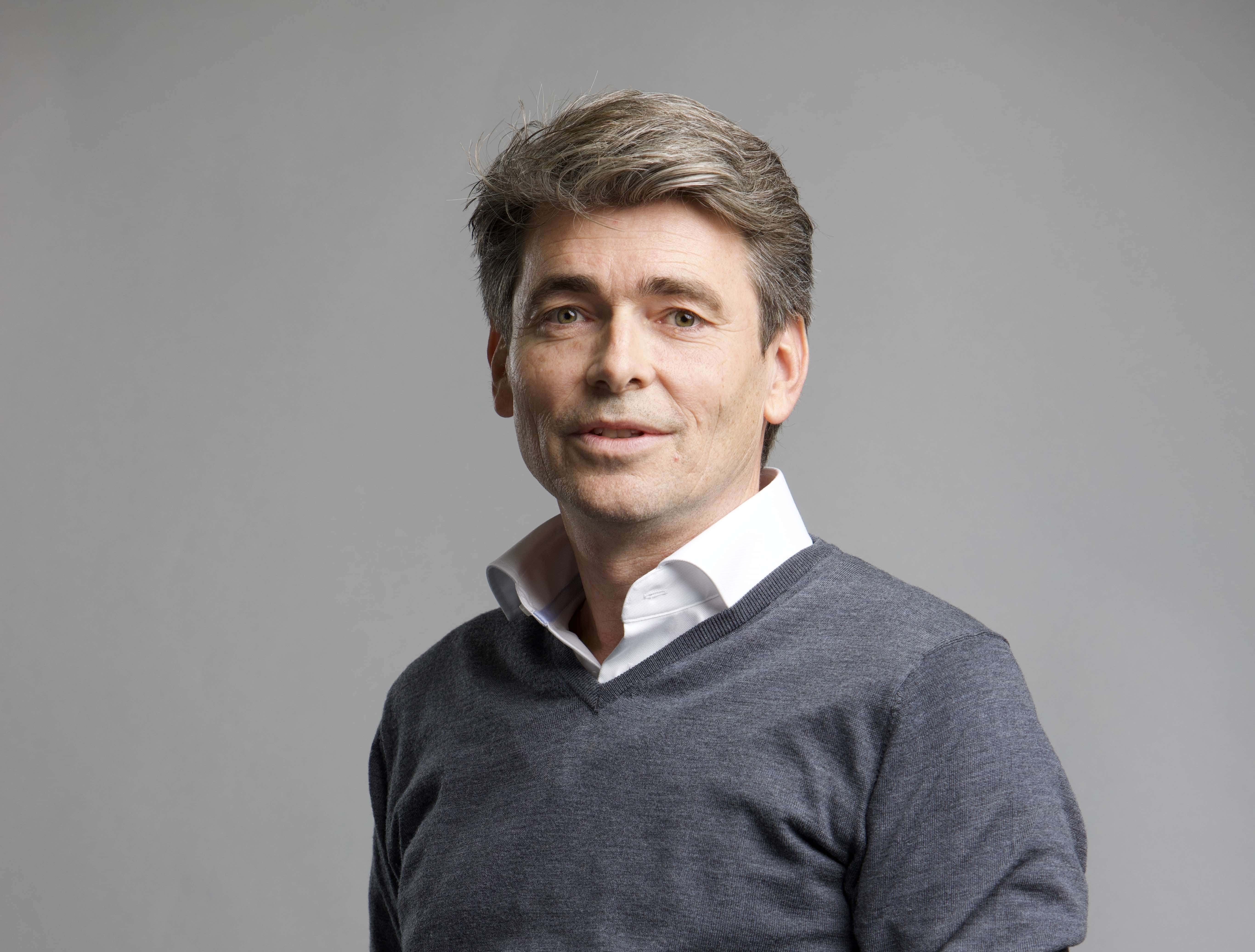West Brabant commits to circular, plant-basedeconomy: ‘Entrepreneurship is in our blood’

If you say West Brabant (a region in the south of NL), you say agriculture. Traditionally, the area between Breda and Bergen op Zoom has had many agricultural businesses, such as sugar beet and soft fruit growers. The people are enterprising, and the soil is fertile. Entrepreneurs often transfer their businesses from generation to generation—all have their own stories with peaks and troughs.
Major transitions are underway. The economy is becoming circular and plant-based, a complicated process with many challenges but also new opportunities. The Economic Board West-Brabant‘s ambition is to be the region’s forerunner in transitioning to this new economy by 2030. Work is already underway: for example, Ikea’s plant-based meatballs, eaten worldwide, come from the region.
Why this is important:
West Brabant is known for its rich agricultural traditions and entrepreneurial spirit. The region faces new challenges and opportunities amid major economic shifts to a circular and plant-based economy. The Economic Board West Brabant aims to lead this transition by 2030. IO asked REWIN, the region’s development organization, what they do to achieve this goal.
REWIN, West Brabant’s development organization, helps the region solve social issues and find new opportunities. The organization began in 1986—in the midst of the economic recession—as an acquisition party to attract companies to the region. Today, REWIN focuses on ecosystem development through the implementation of four regional programs, including Circular Entrepreneurship and Plant-Based Entrepreneurship.
“We strengthen the economy and drive innovation. The regional ecosystem – the cooperation between business, government, and education – plays an important role in this,” says Mathijs van Campenhout, strategic advisor at REWIN. Inclusiveness also plays a significant role. “New products and services must be accessible to everyone. Not just for a select group of people who can afford bio-based cavity wall insulation or a more expensive meat substitute.”

‘The Netherlands has too few funds with deep enough pockets and the right knowledge’
Yesterday, EFFECT Photonics announced that it raised a Series D funding round of $38 million. Innovation Industries led the investment: an Amsterdam-based European venture capital fund.
New markets and business models
What does the ecosystem accomplish together? Besides the development of new foods, such as vegetable balls, other biobased products are also being developed. Potato residue streams are used for biobased plastics. And sugar beet has long since ceased to be used only to make sugar. The crop also provides essential ingredients in cubes for the dishwasher, green energy, personal care products, and sustainable plastic. Van Campenhout: “Many innovations in the region come from corporate and SME companies looking for future-proof new markets and business models. Those companies keep developing; entrepreneurship is in their blood. That differs greatly from startups that want to do something radically different.”
Digitization and gaming
But there is more than agriculture and diverse SMEs in West Brabant. “In addition to the established companies, there are also a lot of startups here,” he continues. According to Van Campenhout, the young companies focus mainly on digital business. For example, the startups Natuurhuisje.nl and CM.com originated in the region.
Entrepreneurial blood
REWIN tries to facilitate startups as much as possible so that ideas do not remain on the shelf and to give students room to develop in the region. Van Campenhout sees entrepreneurs who previously worked at large companies in the Randstad coming to West Brabant to build their own startups. “Often, those people grew up in the region and came back to live and work here. So they take the knowledge they gained back with them as well.” In recent years, REWIN has set up a program for startups with the municipality of Breda, Brabant partners BOM, and Braventure: B’Wise. “More than fifty startups are already there by now, and we’re opening a new floor later this year.”
The combination of startups and well-established companies is an essential recipe for a cleaner, more sustainable, brighter, and more social future, according to Van Campenhout. “You won’t make it with traditional industry, but you won’t make it with just startups either. Diversity is important to move each other forward.”



